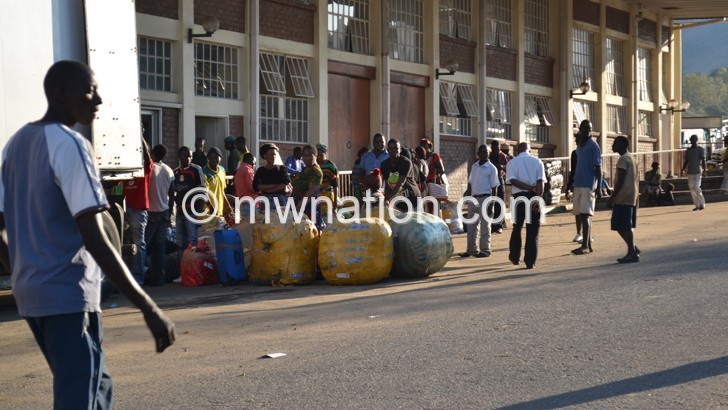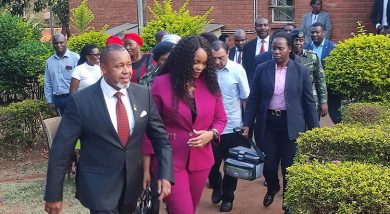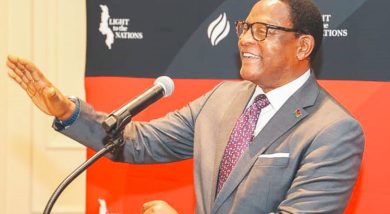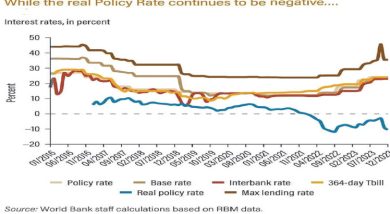Govt upscale efforts on multilateral, inclusive trading system
Malawi, along with other Least Developed Countries (LDCs), is striving to address the growing trade gap between developed nations and the world’s poorest countries through global agricultural value chains and trade inclusiveness for increased economic growth.
Minister of Industry, Trade and Tourism, Henry Mussa, said this at the first global forum on Inclusive Trade for LDCs which took place at the World Trade Organisation (WTO) headquarters in Geneva, Switzerland.
The forum, aimed at finding ways to further integrate Malawi and other poor countries into the multilateral trading system, was organised by the Enhanced Integrated Framework (EIF), a programme dedicated to addressing the trade capacity needs of LDCs.
According to a statement made available to Business News, WTO director general Roberto Azevêdo emphasised the need to ensure that more people benefit from international trade especially in LDCs like Malawi.
He said the EIF plays a vital role in helping LDCs use trade as an engine for growth, poverty reduction and sustainable development and it has made a real impact on the ground.
Said Azevêdo: “There is need to strengthen the trading system so that it is responsive to all members. For example, Malawi is as one of the countries with a success story of increasing exports amounting to $47 million through EIF interventions and in Samoa the EIF has helped over 650 farmers to achieve certification as organic.”
But Mussa while acknowledging a number of challenges the country is facing ranging from high poverty rates, huge trade imbalance, low productivity, lack of export diversification, concentration on few export products, said government is dedicated to reducing poverty through ensuring that development and trade related policies and strategies have specific pro-poor measures.
He mentioned policy aspects such as the Malawi Growth and Development Strategy (MGDS) III which launched this year and has prioritised energy, industry and tourism development as well as the National Export Strategyand the National Trade Policy which have specific pillars on pro-poor development.
“At the implementation level, we also have interventions like the EIF project, which has undertaken to integrate small-scale farmers into the trade value chain through the implementation of the anchor farming (in and out-grower) model, which was a great success,” said Mussa.
He explains that at the end of the project over 6 500 farmers, majority being women, were integrated into the trade value chain from an initial figure of just 1 000.
Mussa further called for more support specifically targeting smallholder farmer like the anchor farm model.
Currently through the EIF project, Malawi is implementing several programmes aimed at supporting Agro-processing and value addition.
The project had a resource envelope of $4 million which has been supporting the Ministry of Industry, Trade and Tourism in mainstreaming trade into national polices and strategies such as promotion of smallholder farmer linkages to agro-processors through the anchor farm model project implemented by National Association of Smallholder Farmers in Malawi (Nasfam) and supporting agro-processing Special Economic Zone road map and Promotion of Value-added Exports Project being implemented by Malawi investment and Trade Center (Mitc).





